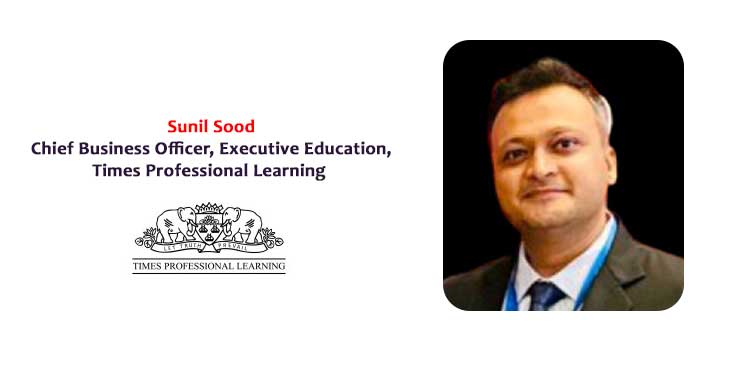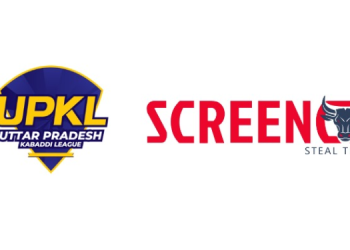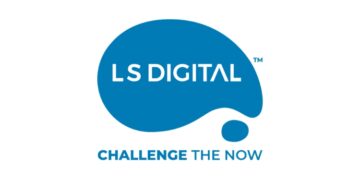Within just two decades, global businesses have witnessed various technological interventions that have fostered the creation of new industries and disrupted many of the old ones. Some industries have seen a rapid shift in operations and management due to the arrival of smart gadgets, AI, machine learning, IoT, big data, and other advanced technologies. And perhaps no other industry has been disrupted as intensely as the marketing industry. As trends towards digital adaptation have grown, the marketing industry has evolved at an unprecedented rate.
The rapid and incessant evolution towards digital adaptation has paved the way for many career-related opportunities and challenges for marketing professionals. Today’s marketing technologies include customer relationship management systems, advanced search engine optimisation tools, digital marketing platforms, AI-based tools, big data analytics, and online repository services. None of these existed two decades ago. Due to the nature of the marketing industry, change is the only reliable constant that marketers can foresee. As such, marketing professionals who are open to learning and re-learning are able to adapt to changes in the industry, thereby allowing them to enjoy career growth and job security.
Mapping Career Arc and Planning Future Trajectory
Marketing professionals need to map their career arc and develop a flexible growth strategy for themselves. Marketing is an ever-evolving profession with new avenues constantly opening up. Marketing professionals must be prepared to pivot whenever the need arises. Marketers at different stages of their careers should look back at their journeys and trace their career arcs. After mapping their career arcs, they should identify their weaknesses and plan their course of action for future development. One question they should ask themselves is, “What are the potential high points that I can achieve in my career trajectory within the next ten years?” After identifying the potential high points, they should determine their trajectory to get there.
Marketing has evolved from a business process based around two-way communication to a multi-stakeholder process with complex steps involving customer data collection, analysis, retrieval of insights, data-driven strategy, and omnichannel funnelling. Marketing professionals must be prepared to learn new skills, update or build on existing ones, and keep an eye on emerging trends and technologies. Due to the nature of the marketing industry, there is a need for continual upskilling and studying of new marketing technologies. When mapping career potentialities, marketers should be aware of the skill gaps they will face in the future owing to dramatic technology-driven changes in the marketing industry.
Avoiding Career Stagnancy
Today’s Marketing is no longer just about influence or persuasion but involves cross-functional collaboration across many business domains at different levels. Due to the vast functional verticals involved in Marketing, getting stuck in specific roles can become an unfortunate reality for many marketers. As such, it helps marketers to develop managerial competencies and prepare to undertake a broad range of roles and responsibilities in their organisation.
Furthermore, in order to excel in the highly competitive job market, marketing professionals need to have a detailed understanding of advanced marketing tools and strategies. Doing so can help them prepare for advanced roles in their organisation and improve their managerial and leadership capabilities.
Upskilling Through Executive Education
In India, top-tier B-School like IIM Calcutta have begun offering executive education programmes specifically designed to equip marketing leaders with the knowledge they need in order to effectively adapt to the fast pace of change in the marketing industry. Marketing leaders who have sought to upskill themselves through these programmes have found that the increased knowledge they gained propelled them to greater career success.
“It was an intense one-year journey, which gave me an opportunity to learn various marketing functions using case study methodology from the best professors in the field. This programme helped me understand different facets of a business,” says Anu Abraham, the Chief Manager of Marketing at ONGC, who pursued IIM Calcutta’s one-year Advanced Programme for Marketing Professionals (APMP). Being the oldest IIM in the country, it is not a surprise that IIM Calcutta was among the first Indian B-School to begin offering ed-tech powered executive education programmes. The highly sought-after programme, which will be commencing its 12th batch this year, serves as an ideal case study of what marketers can expect from executive education programmes from India’s most prestigious B-Schools.
Akin to Mr Abraham, marketing leaders who pursue IIM Calcutta’s APMP report being able to make more effective decisions on how to use technologies in their tasks, manage changes in strategies and business models, and adjust faster to changing marketing trends. Programmes like IIM Calcutta are designed to help marketing professionals gain the right industry knowledge, understand consumer behaviour, manage brand communication, revamp their marketing strategies, and effectively manage consumers and businesses. Besides empowering candidates with knowledge, executive education programmes from top-tier universities also offer other benefits that range from salary hikes, promotions, job switches, leadership training, and networking opportunities. For instance, upon completing APMP, candidates receive the much-coveted IIM Calcutta Executive Alumni status, which offers them global networking and job opportunities. Learners are also benefited from the programme’s rich participant profiles and a pedagogy that emphasises peer learning.
In the post-pandemic world, the success of marketing executives depends heavily on their ability to stay abreast with new marketing trends, techniques, practices and tools. Executive education is a smart way of staying in tune with the changes in the marketing environment and learning from peers who have progressed further. The future of marketing leadership roles will require a combined knowledge of technical and managerial skills. Therefore, marketing professionals must explore relevant upskilling opportunities to improve their career outcomes and lead their organisation’s marketing transformation.
This article is authored by Sunil Sood, Chief Business Officer, Executive Education, Times Professional Learning.
















